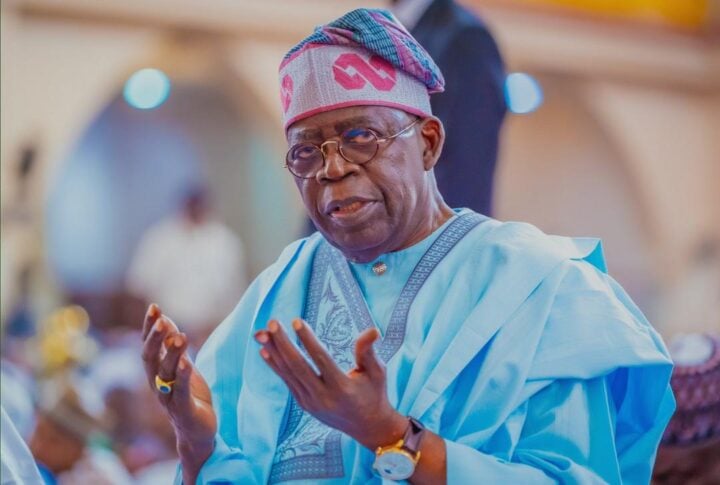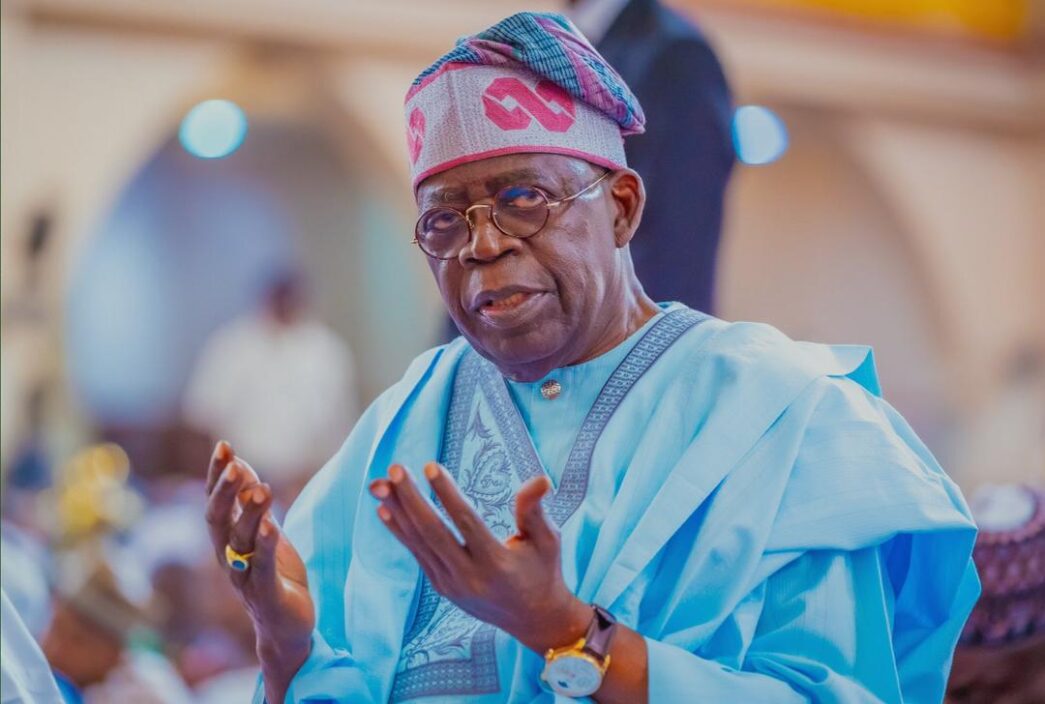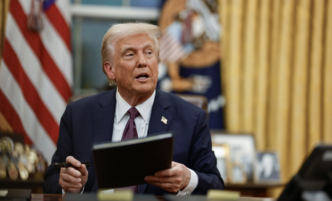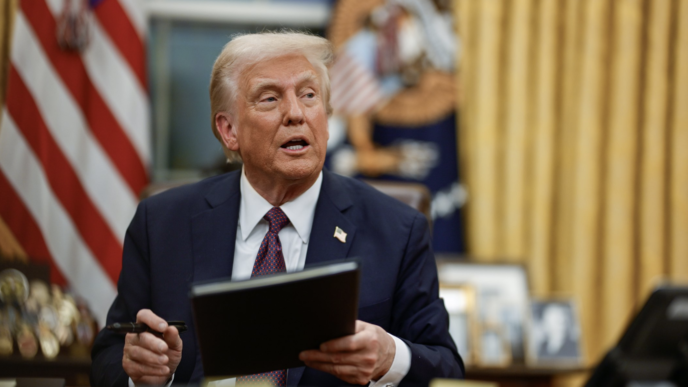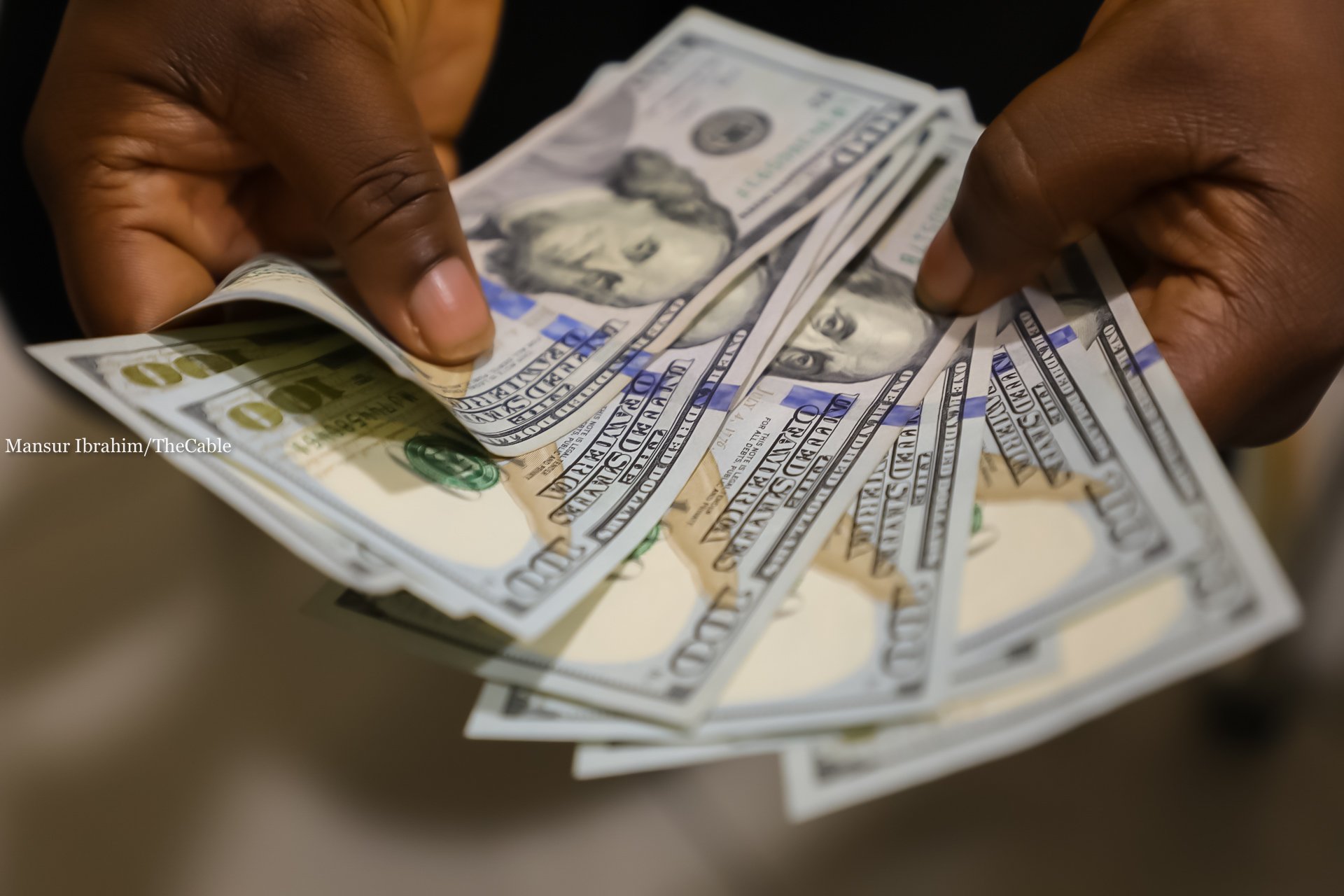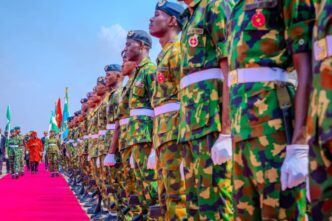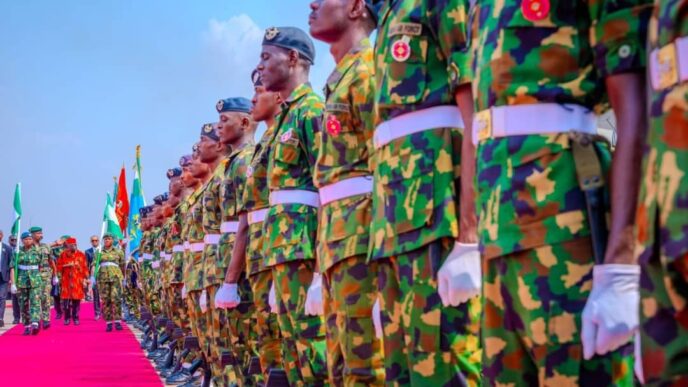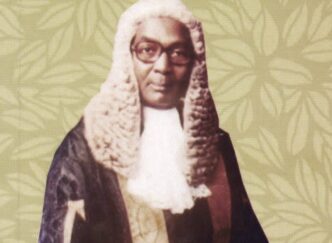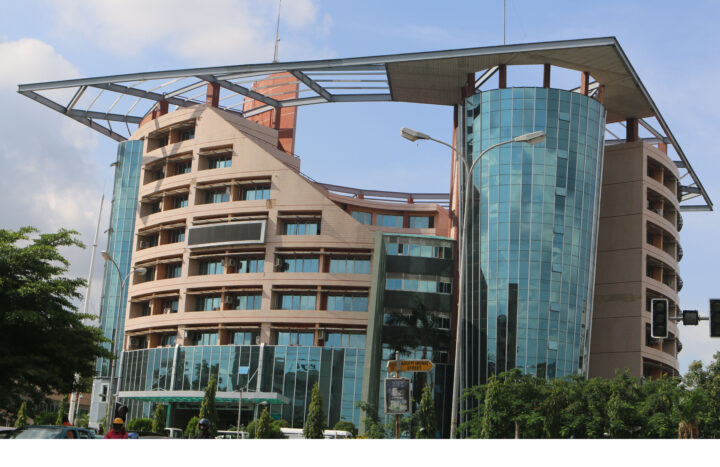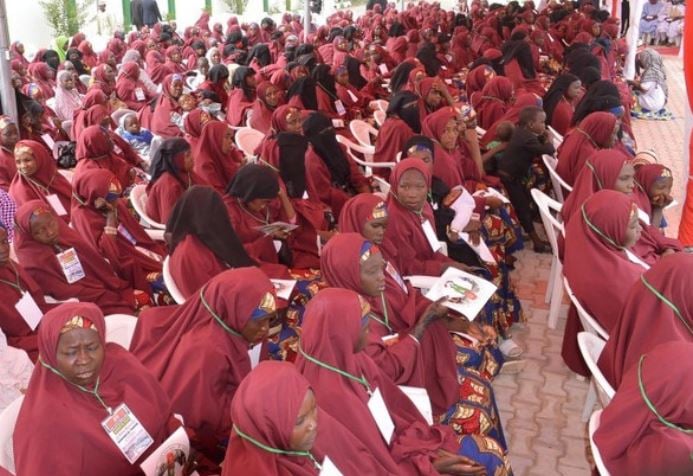Bola Tinubu
This article should be written sometime towards the end of next year when the political parties had elected their presidential candidates and running mates and when perhaps the country is but a couple of months to the general elections of 2025. When we do get to that junction as is customary we can begin to assess the candidates and determine which one to support.
This commentary however is about the performance of President Tinubu in office so far and its effects on the people of Nigeria. This interrogation is necessary in the normal course of things in a democracy such as ours which will lead us to determine as is our constitutional right whether Tinubu is serving us as we expect of him, and also whether he is deserving of our votes in the future.
We can assess Tinubu’s performance on two broad planks; the economic policies he had instituted and the political engineering that his administration is undertaking.
Tinubu’s economic policies introduced right from the very first day of his ascension, has been a matter of intense discussion among Nigerians in the past 18 months. The twin policies of subsidy removal and devaluation of the naira currency were intended as the administration says, to free government from expending huge funds on subsidizing the supply of fuel to consumers which invariably ended up in the hands of oil marketers. The removal of such inefficient subsidies will free the funds to enable government provide much needed socially alleviating programmes in Education, Health, Transportation and infrastructure.
A similar argument was also advanced on currency devaluation. The naira’s parity against major currencies was considered too undeservedly high and unrealistic. And to keep it that way the government needed to prop it with huge amounts of foreign reserves detrimental to our economy. The government’s solution to that was to cut the naira loose from its arbitrary and artificial moorings by letting it float in the currency markets where its true value will be determined.
Advertisement
Tinubu’s political engineering had been mostly under the radar, but the intent and results are discernible and clear enough. The structure and organs of the ruling All Progressive Congress (APC) have been subsumed under his unquestionable authority; the opposition political parties have been taken over by his deep sleeping political agents answering to and implementing his strategic plans of total capture.
Tinubu has not stopped there. He has extended his tentacles of control to the National Assembly and Judiciary without regards to the constitutional provisions of separation of powers which explicitly states that these two institutions are independent arms of government.
Going by available statistics Tinubu’s economic policies have engendered more pain than gain. The National Bureau of Statistics have repeatedly recorded an upward trend in the inflation of prices of goods and services, the latest notching close to 40% and counting. Pump price of petroleum products have been rising, defying promises by the administration that once reforms in the industry stabilizes including the conclusion of the revamping of the refineries the ever soaring prices will ease.
Advertisement
The naira has been on a free fall occasionally rebounding only to fall again.
What can be realistically said is that under President Tinubu the economic and political direction of Nigeria as far as it concerns the lives of majority of Nigerians, is uncertain. All the promises of a better future under his economic policies are neither realistic nor feasible. The basis of the economic policies is hinged on assumptions and factors that the administration itself does not understand or control. How for instance can you hope to implement policies on oil when you do not have a handle on the country’s oil sector? It is no brainer that without this critical factor in the mix, the hope that the administration placed on subsidy removal to turn around things in the sector and the economy had proven to be a mirage.
Tinubu’s political engineering is a clear and present danger to our democratic march. It is all about closing the political space establishing him as an absolute ruler of Nigeria dispensing with constitutional provisions and extant laws of the country.
What are the drivers of Tinubu’s political and economic agenda?
These drivers are political vendetta, entitled political transaction (E mi Lokan) and an abiding compulsive craving to subdue and subsume all existing political figures and institutions under his personal control. Tinubu’s driving for political vendetta is fuelled by his perceived humiliation in his political trajectory in the hands of those he had come to bear political grudges that he finds had to forgive. With political power now in his hands they must either be politically and economically totally crushed or be brought to heel. Similarly, Tinubu’s ascension to power was based largely on an entitlement complex that it was his turn to be the president of the country and the reward for transaction that oiled the process. It was not borne out of a desire to serve the people but on the fact that the political system must bend to his demands. It is little wonder that virtually everything about the policies of the administration has been transactional in concept and execution. All this is geared towards making Tinubu the absolute ruler of Nigeria in the mould of King Louis XIV who proclaimed ‘’l’etat c’est moi’’ (I am the state) ruling outside the provisions of the constitution. To ensure the full implementation of his agenda of total capture President Tinubu has despatched his political and economic carpetbaggers across all sectors of Nigerian life.
Advertisement
Of course all these indicates that under Tinubu, not only is the democracy we all fought for which resulted in fatalities in some cases, but even the Nigeria project which was bequeathed to us by our founding fathers is imperilled.
The venerable Chief Obafemi Awolowo who implemented policies that changed and transformed the lives of generations of Nigerians would never have contemplated the punishing economic and social measures that Tinubu is presently ramming down the throats of Nigerians, without a touch of empathy. Similarly Ahmadu Bello despite his aristocratic background as scion of the founder of the Sokoto Caliphate Osman Dan Fodio was however a modicum of simplicity, recognised the need for inclusivity and the diversity of the Northern region which he ruled as Premier. Nnamdi Azikiwe was known not just in Nigeria but throughout Africa as a democratic humanist whose commitment to democratic principles remained unwavering till his passing on. And Aminu Kano and J.S Tarka both of them champions of downtrodden masses of Nigeria against oppressive rulers and their policies.
These are the founding fathers of Nigeria whose legacies of democratic inclusion, social and economic justice, empathy had sustained the Nigeria which President Tinubu is trying to upturn in pursuit of his absolutist political agenda.
In determining the performance of President Tinubu we should bear in mind that his is a continuation of the disastrous 8 years of his predecessor Muhammadu Buhari who laid the foundation of the present trajectory of economic and political uncertainty Nigeria is going through. We should not be lulled into believing that one is different from the other as being peddled about. Shorn of all the spin, the only way we can realistically measure both is from the effect their policies have been on our lives and livelihoods. And we all know that our experience under both have been basically the same.
Advertisement
Conclusively if we took our eyes off the ball when Buhari went for second term on a platter and paid dearly with the harsh economic policies he unleashed, the lesson this time around Nigerians should be more discerning in reaching their decision on whether President Tinubu deserves a second term or not.
Gadu can be reached at [email protected] and 08035355706 (texts only).
Advertisement
Views expressed by contributors are strictly personal and not of TheCable.
Add a comment

